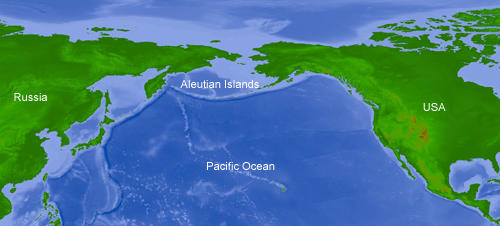PhysicsWeb. I'm not sure I understand it well, but the scientific discussion seems to be on whether there are hidden variables in the universe that make reality exist in a consistent way, even when nobody's looking at it. And whether the universe is basically local or non-local. "Local" would mean that one can separate events completely from each other, so that they can't instantenously influence other events.Markus Aspelmeyer, Anton Zeilinger and colleagues from the University of Vienna, however, have now shown that realism is more of a problem than locality in the quantum world. They devised an experiment that violates a different inequality proposed by physicist Anthony Leggett in 2003 that relies only on realism, and relaxes the reliance on locality. To do this, rather than taking measurements along just one plane of polarization, the Austrian team took measurements in additional, perpendicular planes to check for elliptical polarization.
They found that, just as in the realizations of Bell's thought experiment, Leggett's inequality is violated – thus stressing the quantum-mechanical assertion that reality does not exist when we're not observing it. "Our study shows that 'just' giving up the concept of locality would not be enough to obtain a more complete description of quantum mechanics," Aspelmeyer told Physics Web. "You would also have to give up certain intuitive features of realism." Sounds like they're saying that experiements really do confirm that reality isn't real unless somebody's looking at it, and that everything is instantanously connected with everything else, so you can't isolate any piece of anything and claim that it has a real existence, separate from everything else, and seperate from who's observing it. I sort of figured as much, but it sounds good if they're rocking the boat a bit by proving it.
[ Science | 2007-04-25 14:17 | | PermaLink ] More >
|

 Make Magazine has a nice overview article of what open source hardware would look like, and what different layers we'd be talking about. They're focusing on electronics, which probably makes good sense as one of the first fields where it might work. The different layers they're talking about are:
Make Magazine has a nice overview article of what open source hardware would look like, and what different layers we'd be talking about. They're focusing on electronics, which probably makes good sense as one of the first fields where it might work. The different layers they're talking about are: